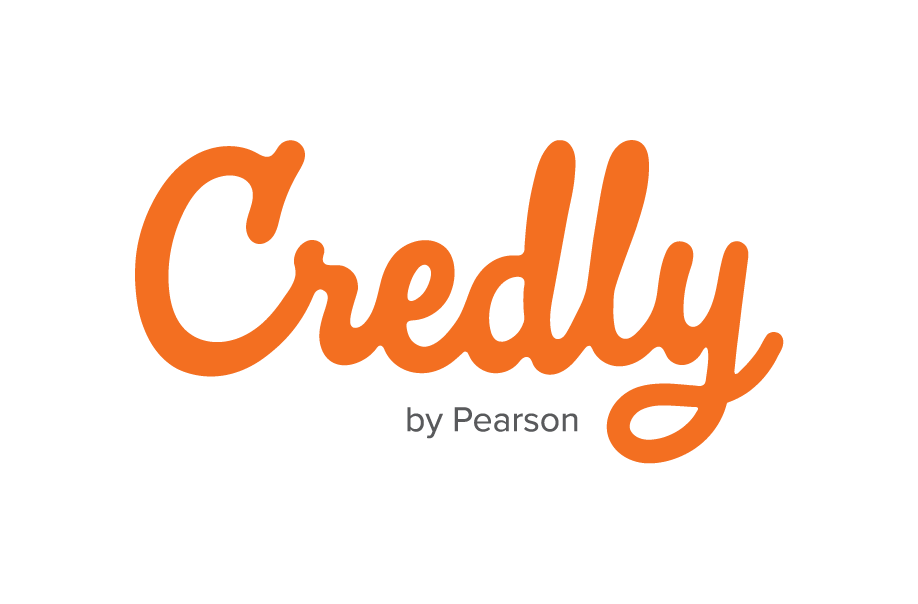Program Overview
To earn this Level I Badge, you will participate in exercises, simulations and debrief discussions, develop knowledge of the underlying principles of negotiation and mediation and reflect on the skills acquired.
You should pursue this micro-credential if:
-
You are a working professional (legal or non-legal)
-
You want to increase your knowledge of mediation as a way to resolve disputes
-
Your work coincides with commercial and business affairs, divorce and child custody cases, employment relationships, workplace interactions, union-management contracts, environmental matters, healthcare issues and other areas.




